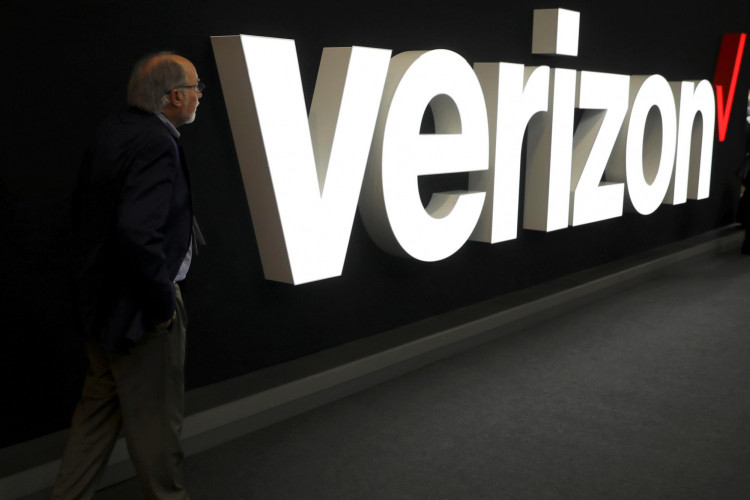Verizon Communications announced on Thursday its plan to acquire Frontier Communications in an all-cash transaction valued at $20 billion, a strategic move designed to significantly bolster Verizon's fiber network capabilities across the United States. The acquisition, which is expected to close within the next 18 months, represents a key effort by Verizon to strengthen its competitive position against rivals such as AT&T in the high-stakes broadband market.
Verizon's offer of $38.50 per Frontier share marks a 37.3% premium over Frontier's closing price on September 3, before rumors of the acquisition began circulating. Despite the premium offer, Frontier's shares, which had seen a sharp rise of nearly 38% in the previous trading session, fell to $35.14 in premarket trading on Thursday, dipping below Verizon's offer price. Conversely, Verizon's shares climbed approximately 1% following the announcement.
The acquisition is set to merge Frontier's 2.2 million fiber subscribers across 25 states with Verizon's existing 7.4 million FiOS connections concentrated in nine states and Washington, D.C. This merger will create a more expansive and robust fiber network, extending Verizon's reach into regions where it previously had limited or no presence, such as the Midwest, Texas, and California. This is expected to enhance Verizon's ability to deliver premium broadband services to both existing and new customers, significantly improving its market position.
"The acquisition of Frontier is a strategic fit," stated Verizon CEO Hans Vestberg. "It will build on Verizon's two decades of leadership and represents an opportunity to become more competitive in more markets throughout the United States."
This deal comes as Verizon continues its efforts to expand its fiber footprint, a journey that saw a previous transaction with Frontier in 2016 when Verizon sold its TV and internet business in California, Texas, and Florida to Frontier for $10.54 billion. That earlier deal included a portion of Verizon's FiOS fiber networks, setting the stage for this current reacquisition and expansion.
The financial implications of the deal are notable. Verizon anticipates that the acquisition will generate at least $500 million in annual run-rate cost synergies by the third year following the closure. This financial benefit, along with the increased revenue and adjusted earnings before interest, tax, depreciation, and amortization (EBITDA) expected upon completion, will likely strengthen Verizon's overall financial performance.
Additionally, the deal includes a termination clause under which Verizon would be required to pay Frontier a fee of $590 million if the acquisition is terminated under specific conditions. Despite the sizable outlay and potential risks, Verizon has kept its annual forecasts for profit and wireless service revenue unchanged, signaling confidence in its financial stability and the strategic value of this acquisition.
In the broader context of the telecommunications industry, this acquisition is viewed as a significant move by Verizon to secure a stronger foothold in the competitive broadband market, particularly against AT&T, which has also been aggressively expanding its fiber network. The integration of Frontier's expansive fiber assets will allow Verizon to offer more comprehensive services across a wider geographical area, positioning it as a formidable player in the market.






